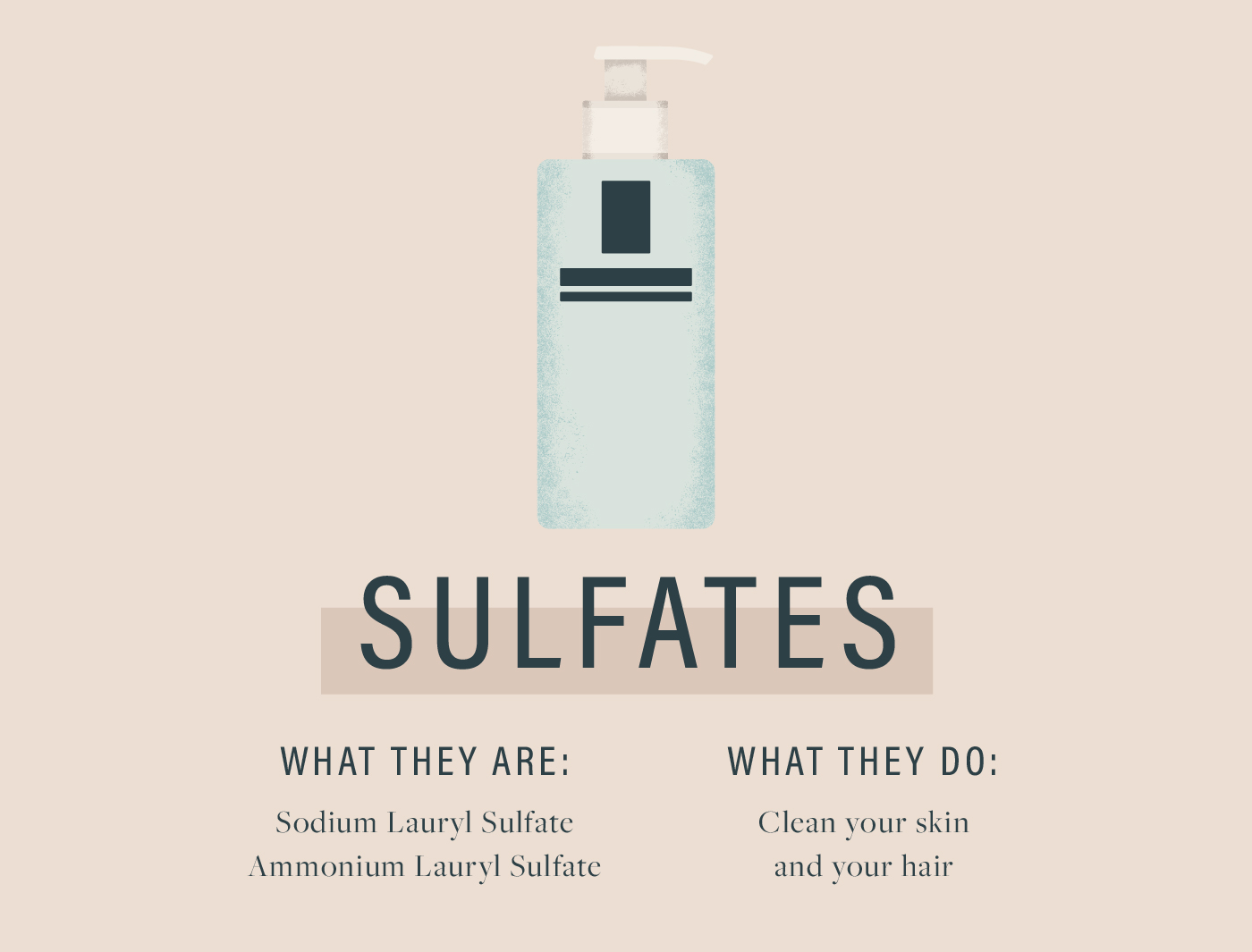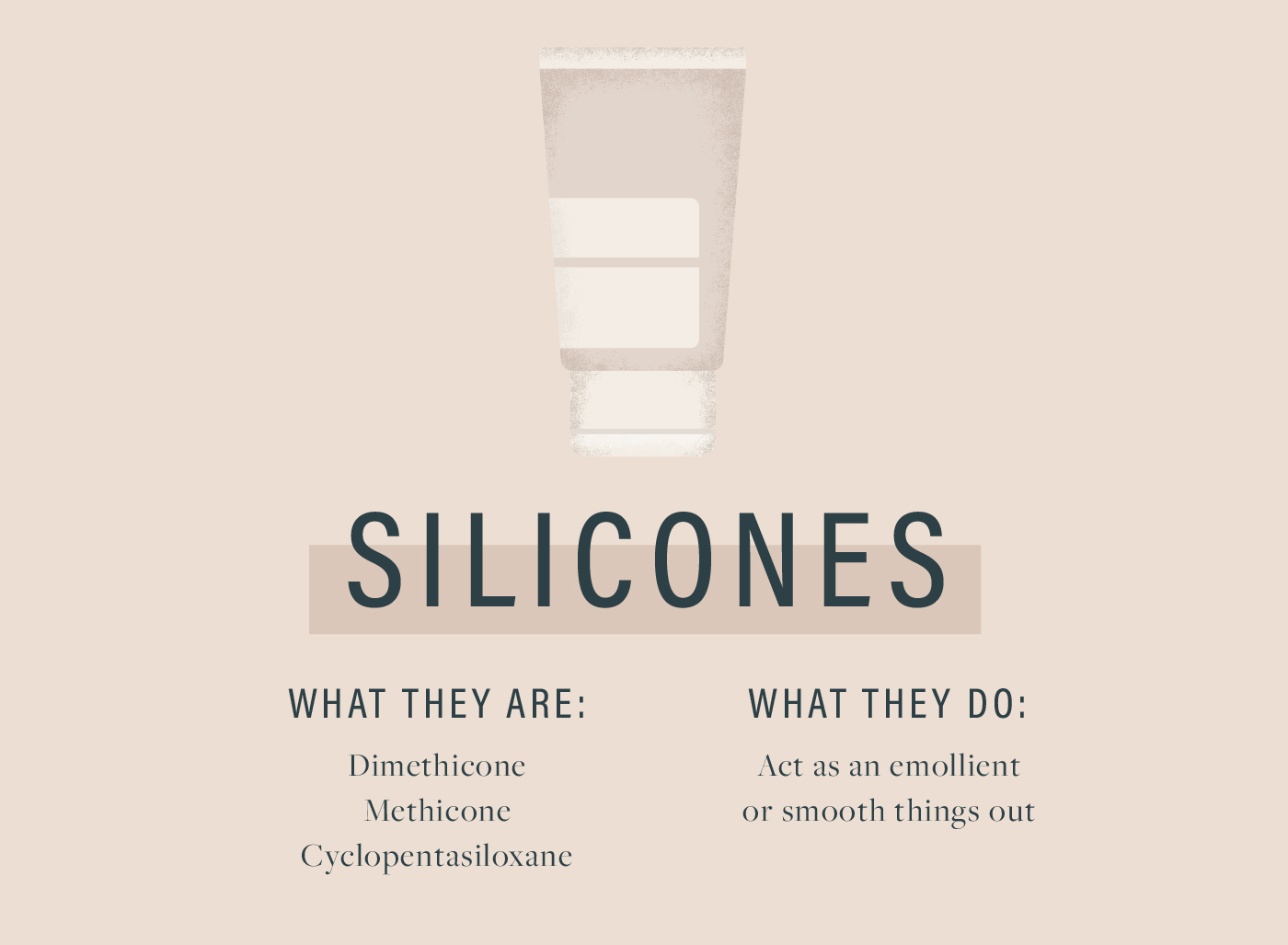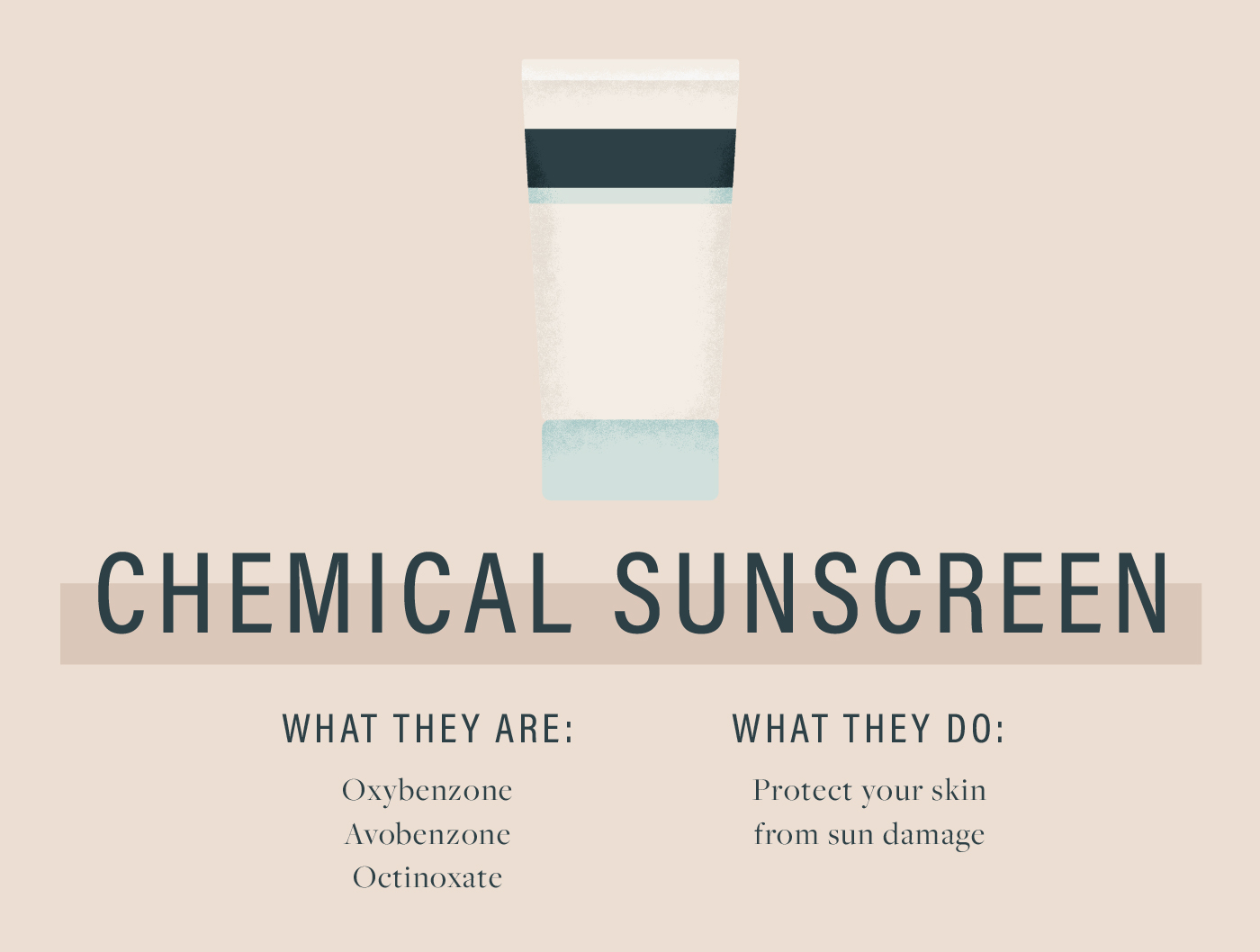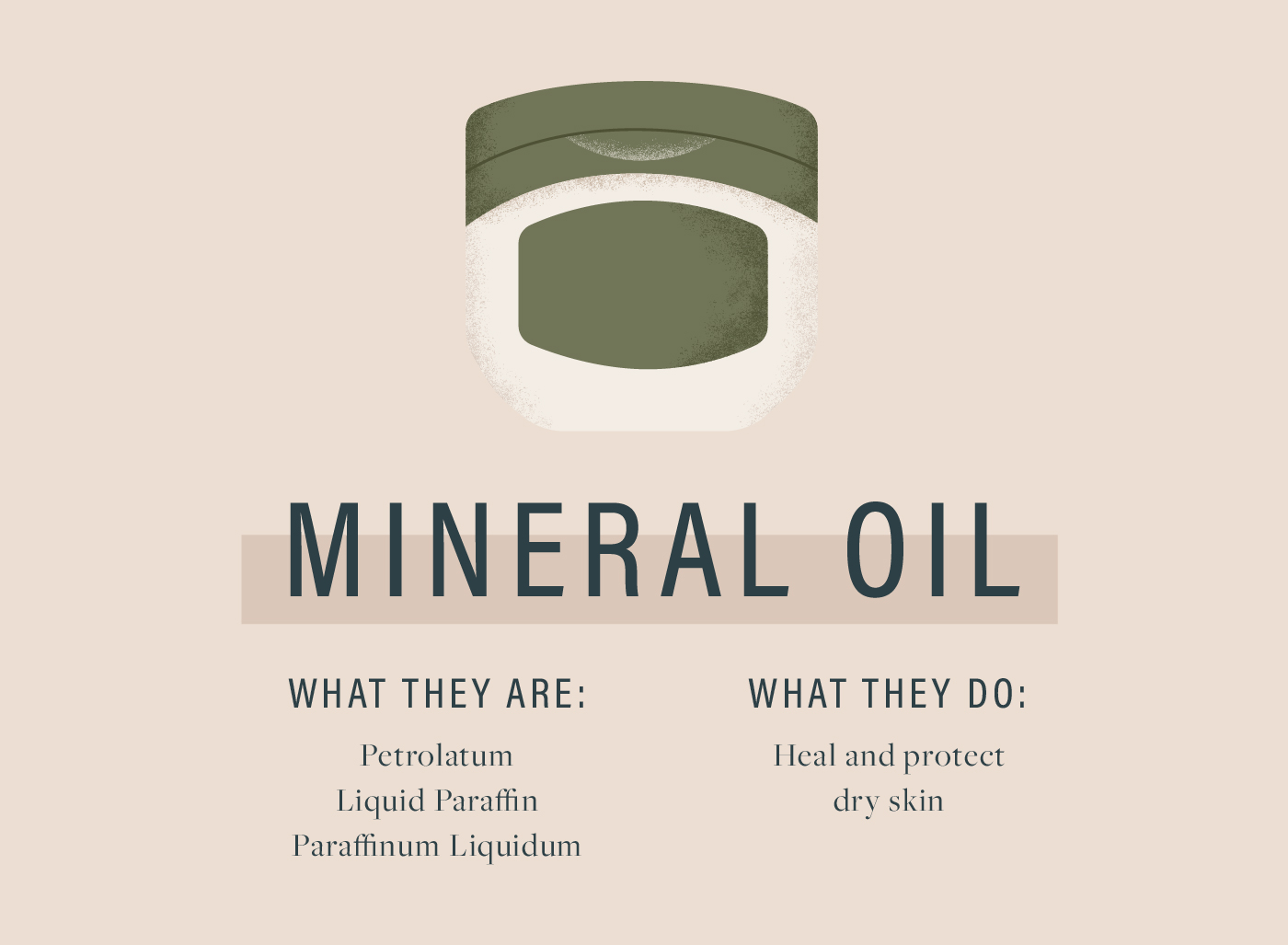What Derms Want You to Know About “Controversial” Skin-Care Ingredients
"The consumer is confused. The definitions of phrases like natural and clean are all over the place," says Dennis Gross, MD, dermatologist and founder of Dr. Dennis Gross Skincare (however, it's important to note that none is actually regulated by an official body). So, when an ingredient gets a bad rap from small studies, it gets replaced with other ingredients that are often less tested and less proven to do the job. "This ever-evolving list of ingredients may or may not have harmful side effects," says Y. Claire Chang, MD, board-certified dermatologist at Union Square Laser Dermatology. But she points out that many of these "harmful" ingredients haven't been confirmed to have negative side effects in humans, "especially when applied topically and at the low levels found in skin-care products."

{{post.sponsorText}}
So how do you know which products are okay and which to skip? "Before jumping to conclusions about any of these ingredients, it's best to ask your board-certified dermatologist or to do your own evidence-based research using peer-reviewed journals," says Dr. Chang. Once you start thoroughly reading the studies on ingredients you're curious about, you'll likely see that it's much more complicated than simply labeling certain categories as "bad" and writing them off entirely. To help get you started, here are five often-talked-about beauty ingredients and what the pros say about them.

Preservatives
While preservatives are the most disputed ingredient in skin care, they're also the most necessary. Any product with water on the label (and that's most of them) requires a preservative to keep bacteria and mold from growing in it. "Preservatives protect the product from becoming contaminated," says Dr. Gross. "They have the ability to prevent the growth of bacteria, and they also preserve the integrity of the product." They also stabilize your skin-care or makeup product, preventing it from separating and also from losing efficacy over time.
"Without preservatives, products would grow mold and bacteria and could spread disease," adds cosmetic chemist Perry Romanowski, founder of The Beauty Brains podcast. "Preservatives have been safely used in cosmetics for decades. But they are not something of concern, and are safe to use. People should be afraid of products that do not contain a preservative." (Again, that's because they'd be harboring bacteria, mold, and whatever else was on your finger when you applied them).
So why the controversy? Much of the worry surrounding preservatives stems specifically from studies done on parabens. "The concern came from the potential of parabens to mimic estrogen in the body," says Rachel Nazarian, MD, a board-certified dermatologist with Schweiger Dermatology. Studies have found increased amounts of paraben levels in breast tissue, notes Dr. Chang. "Subsequent studies have shown that parabens in cosmetics are unlikely to cause estrogenic harm to humans," she says. Also, the FDA investigated the ingredient and found that the concentration of parabens being used in cosmetics was found to be "completely safe," says Dr. Nazarian.
That said, if you've made the decision not to buy paraben-laden products, there are many alternatives: potassium sorbate, sodium benzoate, phenoxyethanol, for some examples. So, make sure to look for one of these on a label to ensure your product is stable.

Sulfates
Washing your face is at the center of a good skin-care routine. A lot of the times, sulfates are used in cleansers to do the job (the same applies to your shampoo), and you'll spot them on labels as sodium lauryl sulfate, sodium laureth sulfate, or ammonium lauryl sulfate. Generally speaking, sulfates are what create the suds that attract and remove oil and dirt from your skin and hair, says Dr. Nazarian, who notes by doing this, "they make the cleaning process more effective." The drama comes from sulfates' reputation of being overly drying.
"Sulfates usually get the blame for stripping too much of the natural oil from skin, or decreasing the lifespan of hair dye," says Dr. Nazarian. And though she praises sulfates as coming in handy "when someone needs a more effective cleaning method for removing heavier dirt and oils from their body," she does agree that they can be aggravating for sensitive skin types. Romanowski echoes this, saying that though sulfates are "efficient," and they're fine as long as you rinse them off (which you're meant to do with cleansers anyway).
Just like in the preservative category, there are a variety of cleansing agents (aka surfactants) used in cosmetics besides sulfates. "Surfactants serve a purpose and really help make products work better in terms of a delivery system," says Dr. Gross of the ingredient category's ability to rid skin and hair of gunk. Look for sodium cocosulfate, alkyl polyglucoside, and soduim dodecyl sulfobetaines, which are milder surfactants, according to Dr. Nazarian. "Ultimately, any surfactant—sulfate or not—can cause irritation to the skin, because the purpose of a cleanser is to remove dirt and oil from the skin or hair surface, and this process is somewhat drying."

Silicone
A lot of beauty products are meant to make your skin and your hair smoother, and silicones are one way this is achieved. For example, a silicone is what makes a primer or moisturizer super smooth, or your hair really soft post-conditioning. You'll find them listed with the suffix "-one or -oxane" on labels (for example: dimethicone, phenyl trimethicone, cyclopentasiloxane, or cyclohexasiloxane). "Silicones are used for a wide range of purposes in cosmetics, including moisturizing, emollience, thickening, detangling, and improving the feel, slip, and shine," says Romanowski. Generally, derms consider silicones safe, despite having a reputation for clogging pores.
"Silicones are safe, as long as several requirements are met," says Dr. Gross, adding that there are different molecular weights found in beauty products. "High molecular weight silicones can have potential issues," he says. With larger molecules, silicones form an occlusive (i.e. lock-tight) barrier on your skin, which is why some people with oily skin types avoid them (this can sometimes clog the skin). When using a smaller one, though, Dr. Gross says silicones can be an important part of a formula. "It's a great way to formulate oil-free products," he says. "Oils are carbons, and some skin types do not benefit from oil because it can cause acne if you have larger pores or an acne-prone skin type."
Unfortunately, there's no easy way to distinguish molecular weight on a label, so you will have to swatch and test to see if a product works for you. But know that regardless of which you wind up with, Romanowski heartily co-signs using them, saying that they're a safe and effective ingredient in your products.
Chemical sunscreen

We know that wearing sunscreen every day is of utmost importance for healthy skin. But over the past couple of years, certain sunscreen filters—chemical-based ones, specifically—have come under the microscope. A lot of the controversy came from a report that found these chemical filters wind in the bloodstream after application (though, TBH, we've known that this happens for years). "This does not inherently mean they're causing damage or that they're unsafe, since our bodies do a wonderful job of metabolizing and clearing them," says Dr. Nazarian of sunscreen filters like avobenzone.
The FDA is also set to release a new SPF monograph very soon after looking further into chemical filters and their efficacy. "The evidence repeatedly claims them to be safe, and more rigorous testing and proof has been requested by the FDA to prove unequivocal safety for daily use," she says. However, if you still don't want to slather on a chemical sunscreen, opt for a physical blocker using zinc oxide or titanium dioxide as the active ingredient. These ingredients form a physical shield between your skin and the sun's rays, so they're not meant to be absorbed whatsoever.

Mineral oil
Look at the product label of a cream, makeup product, lotion, or ointment, and there's a high probability there will be some sort of mineral oil on the ingredients list. You'll see it listed as mineral oil, petrolatum, liquid paraffin, paraffin oil, or liquid petrolatum. Its purpose? To moisturize and repair dry skin. The issue? Controversy surrounding mineral oil (or petrolatum) comes from the fact that petrolatum is an oil byproduct. But both the FDA and dermatologists consider it safe for use in cosmetics (and it's been used for 100 years).
"Mineral oil and petrolatum are non-sensitizing ingredients," says Dr. Chang. "Cosmetic-grade petrolatum has been highly refined from its original form to a safe, purified ingredient, and I commonly recommend petrolatum-containing products, like Vaseline and Aquaphor ointment, to help with healing wounds, dry skin, and eczema." Romanowski says that petroleum-derived ingredients are "one of the best emollients we've found," and that they're safe to use, but can be heavy or greasy if you use too much.
If you're craving more beauty industry intel, read up on what you're really paying for in a luxury skin-care product. And this is why sustainable beauty is the future of the industry.
Loading More Posts...